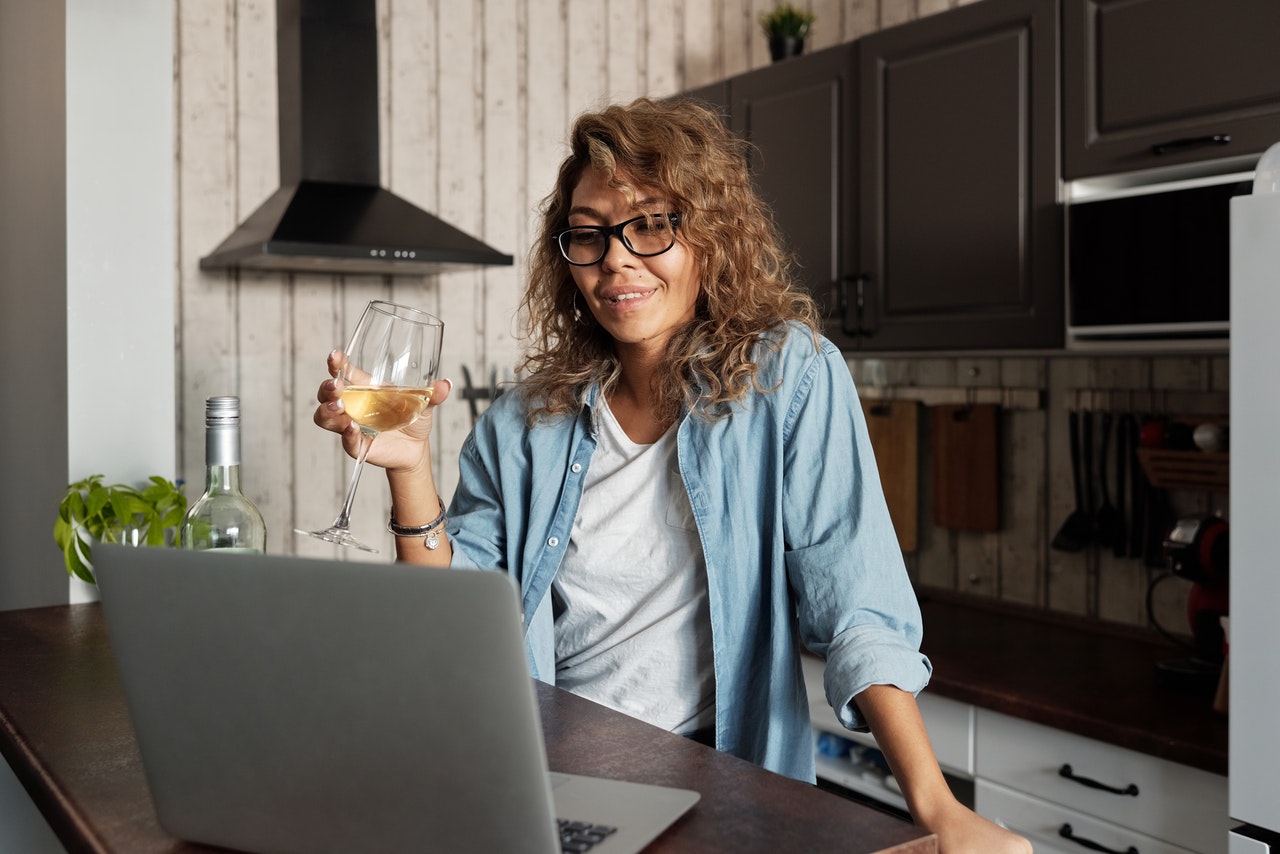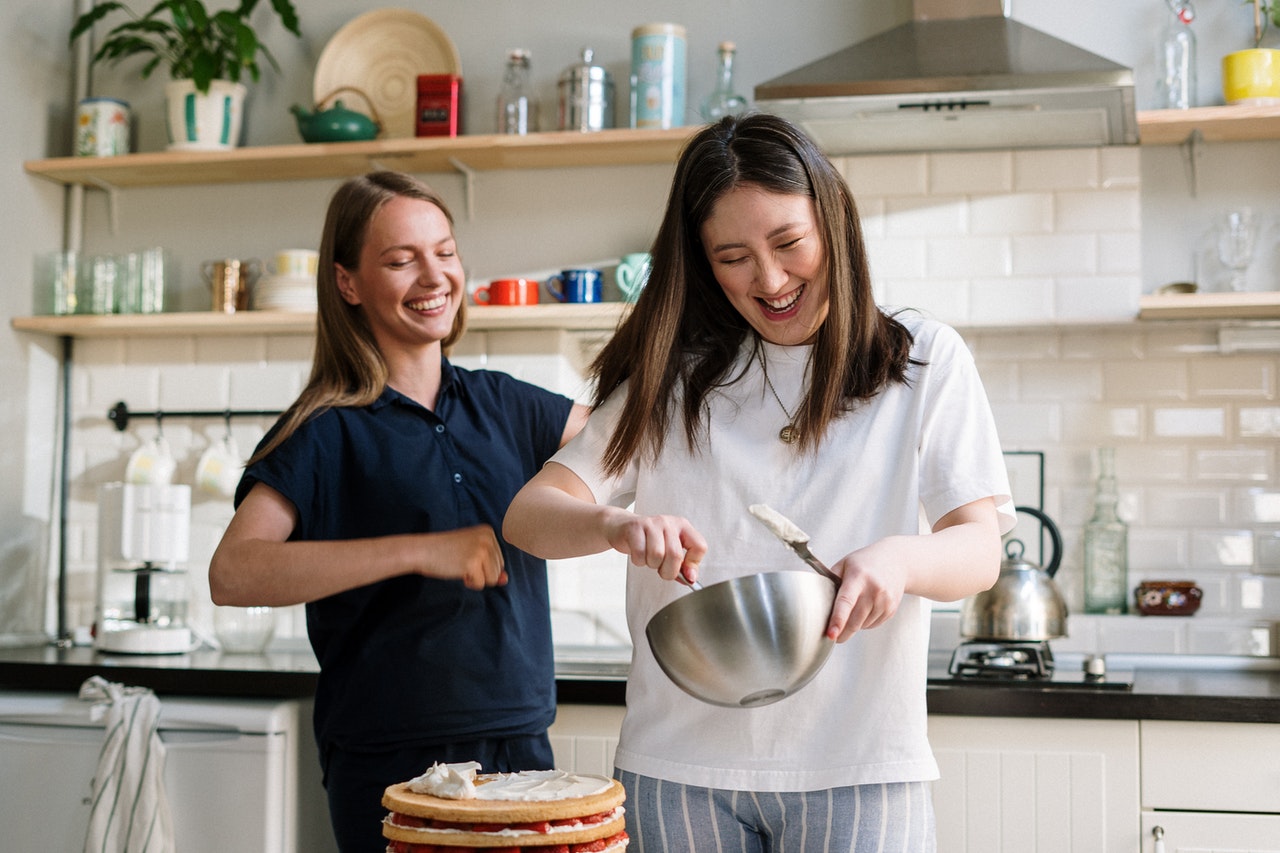
Problematic Drinking on the Rise Due to Pandemic and Isolation
By: Jessica Taylor, LPC Are You Concerned About a Recent Increase in Your Alcohol Consumption? It goes without saying that the COVID-19 pandemic has had so many negative impacts on our society. One of the most alarming of those impacts is the increase in alcohol use. According to one study conducted with adults in the US, 60% of participants reported an increase in drinking compared to before the pandemic, while only 13% reported a decrease. While the need for negative coping skills might decrease as life starts to feel more “normal,” it is important to consider that unhealthy habits formed during the past year might not be easy to break once the pandemic is over. In addition, binge drinking can have long-term impacts on our health. For these reasons, it is critical to determine whether your drinking habits might be problematic, and if so, what you can do about it. What Is Considered Excessive Drinking? According to the CDC, excessive drinking is classified differently for men and women. Women: Four or more drinks during one occasion, or eight or more drinks in one week Men: Five or more drinks during one occasion, or 15 or more drinks in one week. Reasons for Increased Alcohol Use During the COVID-19 Pandemic Using alcohol as a coping skill to manage emotional stress. Alcohol is often used as a coping skill for symptoms of anxiety or depression because it is thought to ‘numb’ the negative thoughts or feelings. But using drugs or alcohol as an avoidance tool is not helpful in the long run, as all those things that you are numbing yourself from experiencing in-the-moment will inevitably catch up to you. Boredom If you are single and/or living alone, boredom during the pandemic has probably been frequent and distressing. You were accustomed to being able to schedule yourself time alone while balancing that with social outings. For many adults in the US, using alcohol has just become a way to pass the time. To avoid thinking about life stressors such as financial issues, job loss, loss of loved ones, having to homeschool children, etc. Again, here is that pesky use of avoidance as a coping skill—this time for situational stressors. It is safe to say that most of us have experienced at least one loss in the past year. For some people, the worst-case scenario: losing a loved one to COVID-19. To others, a loss of a job, or even just the loss of alone time while your kids are at school. We must acknowledge all loss and the impacts that this is having on our mental health and daily functioning. Signs of Excessive Alcohol Consumption Experiencing physical symptoms such as: headaches, nausea, stomach issues, fatigue, shakiness, etc. Increase in symptoms of depression such as: feeling sad, having thoughts of self-harm or suicide, feeling hopeless, etc. Increased anxiety as evidenced by: racing and/or intrusive thoughts, excessive worrying, feelings of dread, etc. Hiding alcohol use from loved ones. Chances are that if you are trying to minimize the appearance of how much you drink, then you are at least unconsciously aware that you are excessively using alcohol. Increase in relationship or work conflict (Hall, 2021). Drinking excessively can result in an increase in anger and irritability, so this can make it more difficult to function well in all the different domains of life. What You Can Do If You Want to Decrease Your Alcohol Consumption Define your desired outcome: abstinence or decrease use? While abstaining from alcohol is great, and will likely result in long-term health benefits, this goal can feel overwhelming for some. Improving your relationship with alcohol is not a black-and-white issue. Make your goals achievable and sustainable. If cutting back on alcohol use doesn’t work (i.e. having “just one drink” always turns into binge drinking), then consider abstinence. Go to therapy. Meeting with a therapist is going to help you make reasonable (again, sustainable and achievable) goals, determine your own triggers for excessive alcohol use, and the positive replacement behaviors you can use as needed. Your therapist will meet you where you are emotionally, and help you confront your excessive alcohol use in a manner that is non-judgmental. Engage in hobbies and other creative interests. If you are currently filling your time with activities that involve drinking alcohol, ask yourself what other hobbies interested you in the past or you have always wanted to try but just haven’t gotten around to yet. Focus on caring for your basic needs. If you start paying attention to other aspects of your physical health, there is a chance that you might improve your relationship with alcohol along the way. Set one small goal at a time. Start with just drinking more water each day. Then start taking daily walks. Next, pay attention to the quality and quantity of sleep you are getting each night. Practice mindful alcohol use. To begin the practice of drinking more mindfully, first pay attention to the function, or the ‘why?’ of your drinking. Often times, when individuals are engaging in alcohol use, they are doing so while on kind of an “auto-pilot.” Instead, practice being fully present and slowly savoring each drink. This is another skill that a therapist can help you master.



